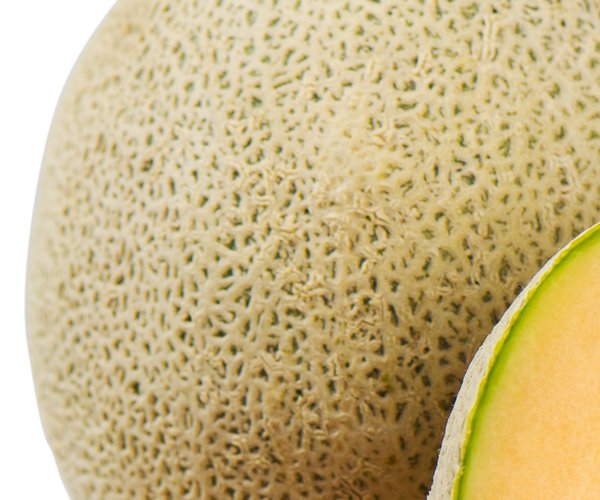The medical community has made many notable advancements in the treatment of various diseases and conditions over the first quarter of the twenty-first century. The general public has reaped the benefits of those advancements, as many challenging medical conditions are now more treatable than ever.
Changes within the health care sector also include a growing emphasis on treating the whole person. Such an approach to health care is known as holistic medicine, a term many might recognize but not necessarily understand.
What is holistic medicine?
According to the Pacific College of Health and Science, the word “holistic” means “dealing with the whole.” Medical practitioners of holistic medicine treat physical ailments and conditions as well as the emotional, mental and spiritual aspects they feel might aggravate the condition. Holistic medicine practitioners believe there is an interconnectedness between a person’s physical and emotional state.
What else does holistic medicine entail?
The Pacific College of Health and Science notes practitioners of holistic medicine follow several guiding principles when treating patients. Those principles include:
A belief that everyone has inborn healing abilities
A belief that patients and doctors must work together as a team to address all areas of life that affect health and wellness
A philosophical commitment to treating a patient as a person, not a disease
A commitment to addressing the cause of the ailment, not just relieving its symptoms
Focusing on the mind-body connection to treat the whole person
Are holistic medicine practitioners limited to natural remedies?
No. WebMD notes that some holistic medical practitioners employ conventional treatments, including medication, when caring for patients. Practitioners who practice naturopathy, a form of holistic medicine, use only natural remedies, including herbal medicines. This distinction is significant, as it helps people recognize that there are various types of holistic medicine practitioners.
What are some types of holistic medicine practitioners?
Various disciplines fall under the umbrella of holistic medicine, and approaches can vary considerably depending on which type a person sees.
Integrative physician: WebMD notes integrative physicians are licensed medical doctors (MDs) who may combine holistic practices like massage and acupuncture with treatments such as medication.
Osteopath: Osteopaths (DOs) also are licensed and these professionals are trained in what WebMD characterizes as “manual medicine.” Hands-on manipulation of tissues and joints may be recommended by osteopaths.
Ayurvedic medicine: The Pacific College of Health and Science notes that ayurvedic medicine employs herbs, metals and dietary changes to address health issues. Practitioners of ayurvedic medicine also focus on the interaction between patients and their environments.





